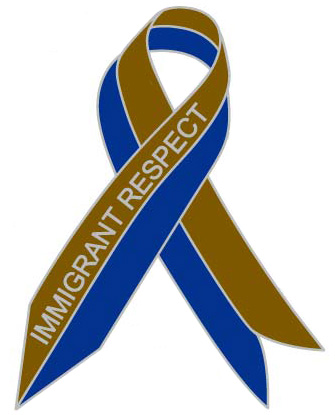Govan & Craigton Integration Network — Forum Theatre Group
Govan & Craigton Integration Network — Forum Theatre Group in collaboration with The Unfinished Picture Project
Location: The Pearce Institute, 840-860 Govan Road, Govan, Glasgow, Scotland
Project Description: The Govan and Craigton Integration Network (GCIN) Forum Theatre Group was formed in September, 2011, and is made up of people who, coming from places as far away and diverse as Somalia, DRC, Ivory Coast and Palestine, to name but a few, have direct experience of migration, the process of seeking Asylum in the UK, and of ‘integration’ and all that that implies.
The group began working together to devise forum theatre around the issues that many of them face, and the aim was to develop pieces which can be shared in different settings and promote dialogue on some of the issues. Having undertaken workshops in forum theatre methods with David Roberts, of edge-eradica, and Julia Taudevin of So We Stand, the group have begun devising and scripting their own theatre.
So far this group has been devising theatre which explores the Asylum Process and bureaucracy from the perspective of asylum seekers themselves, using forum theatre methodology. The piece they will be performing is called ‘The Roundabout’ and explores the tedious and circular nature of being stuck in an asylum process in which access to services is limited and individuals have little control over their fate. The play follows a family as they struggle to navigate the bureaucracy, going round and round in circles and creating tensions between them along the way.
Forum Theatre is a theatre methodology developed by the Brazilian Agusto Boal and ties into the broader educational method of critical pedagogy. Forum theatre seeks to bring to fore issues of social justice, but in breaking down the barrier between actors and spectators (Boal refers to all participants as spectactors) the voices of everyone involved is stronger. In forum theatre, an initial performance will be followed by a critical discussion with non-performers: the piece is then performed a second time giving those who were initially observers the opportunity to change the course of events, either by making suggestions or playing out the characters on the stage as they think is best.
Background:
“The Roundabout” was performed for the first time at the D4D Event on the 22nd of October, 2011, as part of a wider community Project called ‘Dialogue for Destitution’ (D4D), which aims to bring together the community of Govan, Glasgow and beyond to engage in dialogue on the issue of destitution amongst asylum seekers, raise awareness and encourage participation at a community level. The idea, and ultimately the enthusiasm for this project, arose from shared concerns and conversations. A number of months back, a GCIN volunteer, as an assignment for a Community Development degree, had the task of working towards “empowerment” as part of his placement at the Govan and Craigton Integration Network (GCIN). He set up a Men’s Forum on the basis that many of the men going along to GCIN’s drop-ins had expressed a desire to have a space and occasion to talk about worries and problems faced, or just chat about things that interested them. A recurring topic and one that many of the men were keen to address, especially having experienced it first hand in many cases, was that of destitution: a devastating reality that many asylum seekers face in the UK when their request for asylum has been rejected and it is far too dangerous to return to their country of origin.
The Men’s Forum wanted ‘local people’ to know about this, to understand and to help create home-grown solutions to the problems faced by those who are destitute or face destitution. Their initial idea was to organise a benefit gig, then perhaps begin a campaign, and as more people got involved (volunteers at the GCIN drop-ins, community activists, members of other organisations such as the Unfinished Picture Project, edge eradica – a Forum Theatre group from Edinburgh, and the Scottish Refugee Council, to name but a few…), the ideas grew, as did the conversations. We realised that the issues go much further and run deeper: the question of ‘integration’ and communities as potentially welcoming or hostile environments; the emotional impact and the neglected humanity hidden behind cold statistics and abrupt,mainstream-media reporting; the question of activity, of putting something back into communities, of sharing skills, strengths and stories…
Back to D18 Documentation

